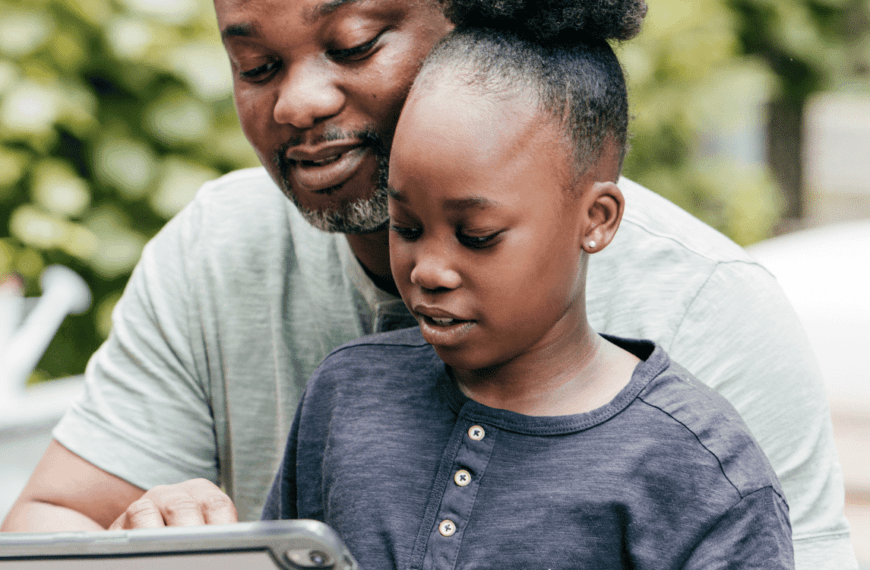
Confidence is a fundamental attribute that empowers tweens to actively participate in their lives and treat others with respect. When tweens possess self-assurance, they are more likely to take on challenges, pursue their passions, and positively interact with their peers. In this blog, we will delve into the significance of confidence for tweens and explore practical strategies for fostering an environment that nurtures their growth and development.
Imagine a tween named Sarah who has always been interested in storytelling and writing. Her parents recognise her talent and encourage her to explore her passion further. They provide her with writing materials, enrol her in a creative writing class, and celebrate her storytelling abilities. As Sarah receives validation and support for her strengths, her confidence in her writing skills begins to flourish. This newfound confidence encourages her to participate in writing competitions, share her stories with others, and even consider pursuing a career in writing. By recognising and building on Sarah’s strengths, her parents have played a crucial role in fostering her confidence and empowering her to engage with her passion actively.
Recognise and Build on Strengths:
One way to boost a tween’s confidence is by recognising and appreciating their unique strengths and interests. Each tween has its own set of talents and passions waiting to be discovered. By actively listening and engaging in conversations with your tween, you can uncover their areas of interest and support their development in those areas.
For instance, If your tween, Alex, shows a natural inclination towards music, you can recognise this strength by enrolling them in music lessons, encouraging them to join a school band or choir, and providing them with opportunities to showcase their musical talents. By acknowledging and building on Alex’s strengths, you instil in them a sense of confidence and pride in their abilities.
Encourage a Growth Mindset:
Teaching tweens the concept of a growth mindset is crucial for their confidence and personal growth. A growth mindset emphasises that abilities and skills can be developed through effort, practice, and perseverance. By instilling this belief, you encourage your tween to embrace challenges and view setbacks as learning opportunities.
For example, When Samantha, a tween with a passion for basketball, faces difficulties in improving her shooting skills, her parents remind her about the growth mindset. They encourage her to continue practising, attend basketball clinics, and seek guidance from coaches. Through this process, Samantha develops a growth mindset, realising that her skills can improve with dedication and effort. As she sees progress in her shooting abilities, her confidence on the court increases, and she becomes more engaged and active in pursuing her passion for basketball.
Supportive Praise:
When offering praise to tweens, it is essential to be specific and focus on their efforts and progress rather than solely on outcomes. Acknowledging their commitment, problem-solving skills, and growth reinforces the idea that their efforts and hard work matter more than the end result.
For example, When Liam completes a challenging science project, his parents praise him for the final presentation, extensive research, and creativity in developing his ideas. This supportive praise reinforces Liam’s confidence in his abilities and encourages him to take on more complex projects in the future.
Positive Visualisation and Body Language:
Teaching tweens to harness the power of positive visualisation can significantly boost their confidence. By encouraging them to imagine themselves successfully tackling a situation or achieving a goal, you help them build belief in their abilities and reduce anxiety.
For instance, Emily’s teacher guides her through a visualisation exercise before a piano recital. Emily closes her eyes and envisions herself gracefully playing the piano, receiving applause from the audience, and feeling a sense of accomplishment. This visualisation exercise helps Emily build confidence and calm her nerves, allowing her to perform at her best during the recital.
Break Tasks into Manageable Steps
Facing overwhelming tasks can undermine a tween’s confidence. Breaking down larger endeavours into smaller, more manageable steps helps tweens approach challenges with a sense of competence and reduces feelings of being overwhelmed.
For example, Nathan’s parents help him create a study plan when preparing for a math exam. They break down the material into smaller topics and set specific goals for each study session. By focusing on one concept at a time and celebrating Nathan’s progress after each session, he gains confidence in his ability to tackle the entire exam.
Be Mindful of Your Influence
As a parent or guardian, it is crucial to be mindful of the influence you have on your tween’s confidence and decision-making process. Avoid imposing your own aspirations or fears onto them and instead encourage open-mindedness and support their exploration of various options.
Example: When Emma expresses an interest in pursuing a career in art, her parents refrain from projecting their own career expectations onto her. They provide her with opportunities to explore different artistic mediums, visit art galleries, and connect with local artists. By respecting Emma’s autonomy and allowing her to make decisions based on her interests and values, her parents foster her confidence in pursuing her artistic aspirations.
Conclusion:
Nurturing confidence in tweens is essential for their personal growth and development. By recognising and building on their strengths, fostering a growth mindset, offering supportive praise, promoting positive visualisation and body language, breaking tasks into manageable steps, and being mindful of your influence, you create an environment that empowers tweens to embrace challenges, make informed decisions, and grow into active and respectful individuals. They will confidently embark on their journey to success with self-assurance and optimism. As parents, caregivers, and educators, we have the power to cultivate confidence in tweens, enabling them to thrive and contribute positively to the world around them.











